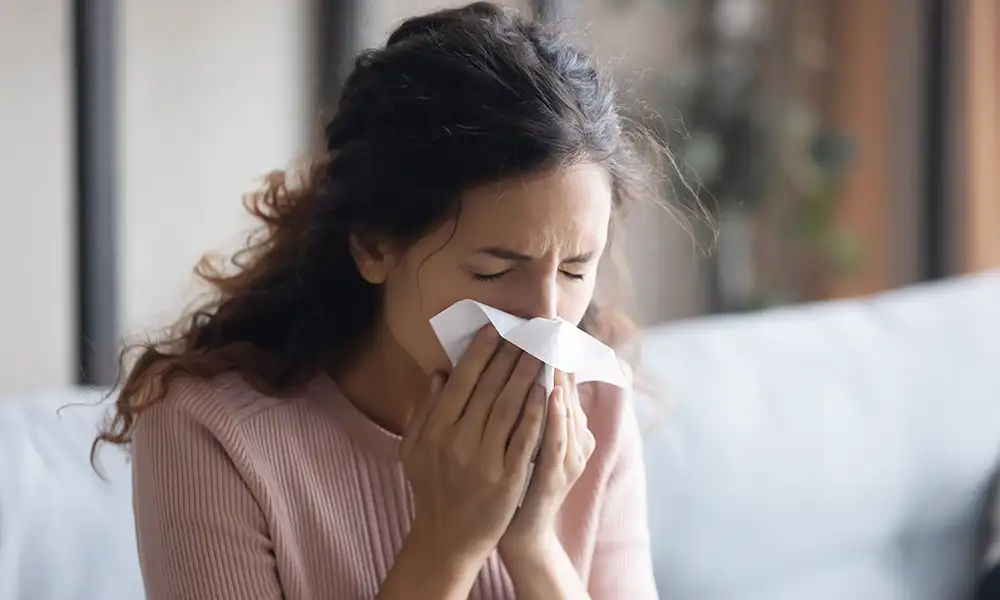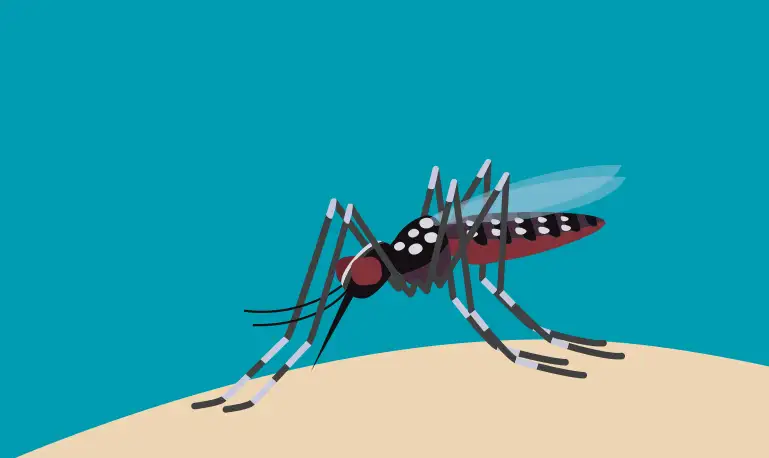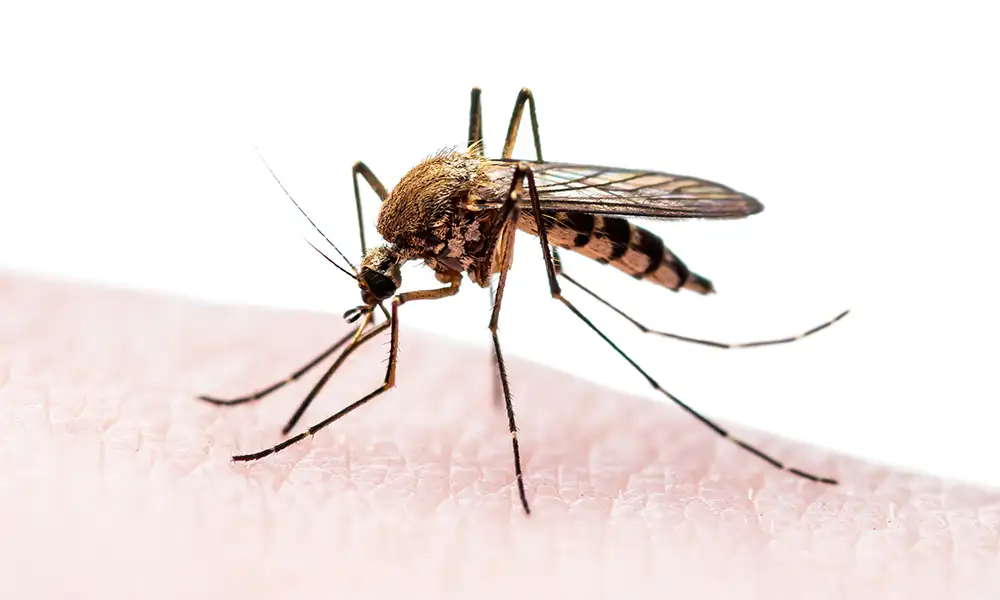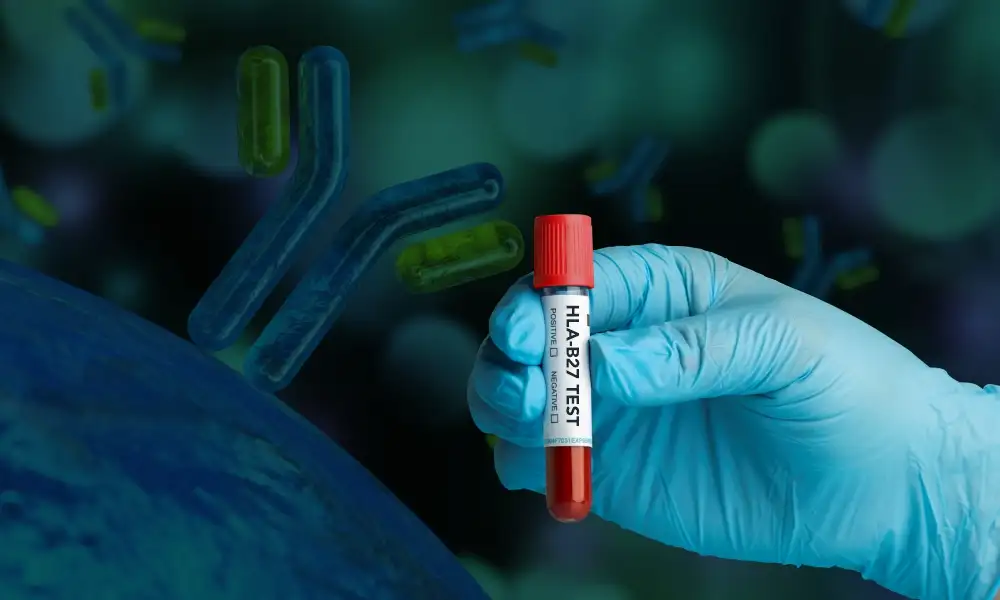What are the different types of allergies?
- April 13,2022
- 1 Min Read

An allergy occurs when a person's immune system triggers responses to foreign substances that are usually harmless to most people. These foreign substances distinguished as allergens are observed in dust mites, pets, pollen, insects, ticks, moulds, foods, medications and many more.
When we contact any allergens, our immune system's reaction can cause inflammation in our skin, sinuses, airways, or digestive system. Some allergies are seasonal, whereas others are year-round. Hence, it is essential to connect with our health care providers & develop a plan for managing allergies.
What are the types of allergies?
Allergies exist in many different forms. Following are some of the types:
- Hay fever: It can be seasonal, perennial (year-long), or occupational. Also known as allergic rhinitis, it causes irritation or inflammation of the nose.
- Food allergies: Triggering of immune response when eating particular food causing allergic symptoms.
- Atopic Dermatitis: A condition that causes our skin to become red and itchy. It is most common in children, but it can affect anyone at any age. A chronic condition that can flare up occasionally, it may also be accompanied by asthma or hay fever.
- Allergic Asthma: Also known as allergy-induced asthma, asthma is brought on by an allergic reaction.
- Anaphylaxis: A severe, potentially life-threatening allergic reaction. It can take place within seconds or minutes after exposure to something to which one is allergic.
What triggers allergies in the body?
Many things can trigger allergies. Following are some of the common allergy triggers:
- Airborne allergens, such as pollen, dust mites, moulds and animal dander
- Certain foods, particularly peanuts, wheat, soy, tree nuts, fish, shellfish, milk and eggs
- Insect stings, such as from a wasp or bee
- Medications, particularly penicillin or penicillin-based antibiotics
- Latex or other substances that are touched can cause allergic skin reactions
Understanding the symptoms of allergies
Allergic reactions usually occur quickly within a few minutes of exposure to an allergen. Most allergic reactions are mild, but severe reactions, anaphylaxis or anaphylactic shock, can also occur. Staying aware of the symptoms can help get immediate relief:
- Itchy, red, watering eyes (conjunctivitis)
- Sneezing and itchy, runny or blocked nose (allergic Rhinitis)
- A raised, itchy, red rash (hives)
- Shortness of breath, cough, wheezing, and chest tightness
- Swollen lips, eyes, face or tongue
- Tummy pain, feeling sick, vomiting or diarrhoea
- Dry, red and cracked skin
The symptoms vary depending on what we are allergic to and how we come into contact with it. Post encounter, one must seek medical attention.
Are you at risk?
One might be more likely to develop an allergy in case of:
- Having a family history of asthma or allergies, such as hay fever, hives or eczema
- Being a child
- Having asthma or another allergic condition
- Having compromised immune system
- Environmental factors, passive smoking and pollution
Recommended tests to detect allergies
Suburban Diagnostics offers you a wide range of diagnostic facilities that help you diagnose and treat allergies before it progresses.
- Phadiatop, Allergy Screen – Adult/Pediatric
- Allergy Panel, Food, Vegetarian
- Allergy Panel, Food, Vegetarian (Maxi)
- Allergy Panel, Food, Non-Vegetarian
- Allergy Panel, Food, Vegetarian & Non-Vegetarian
- Allergy Panel, Eczema
- Allergy Panel, Eczema (Maxi)
- Allergy Panel, Rhinitis
- Allergy Panel, Rhinitis (Maxi)
- Allergy Panel, Pediatric
- Allergy Panel, Pediatric (Maxi)
- Allergy Panel, Animal/Insect
- Allergy Panel, Food, Nuts
- Allergy Panel, Food, Oil
- Allergy Panel, Food, Fruit
- Allergy Panel, Food, Fish
- Allergy Panel, Dust
- Allergy Panel, Comprehensive
- Allergy Panel, Wheeze (Pediatric)
- Allergy Panel, Eczema (Pediatric)
Want to book a test? Fill up the details & get a callback
Most Viewed
Premarital Health Screening
- 20 Min Read
Typhoid - Signs and Symptoms
- 3 Min Read
Home Isolation Guidelines - Covid-19 Care
- 5 Min Read
HLA B27 Detection: Flow Cytometry & PCR
- 1 Min Read














